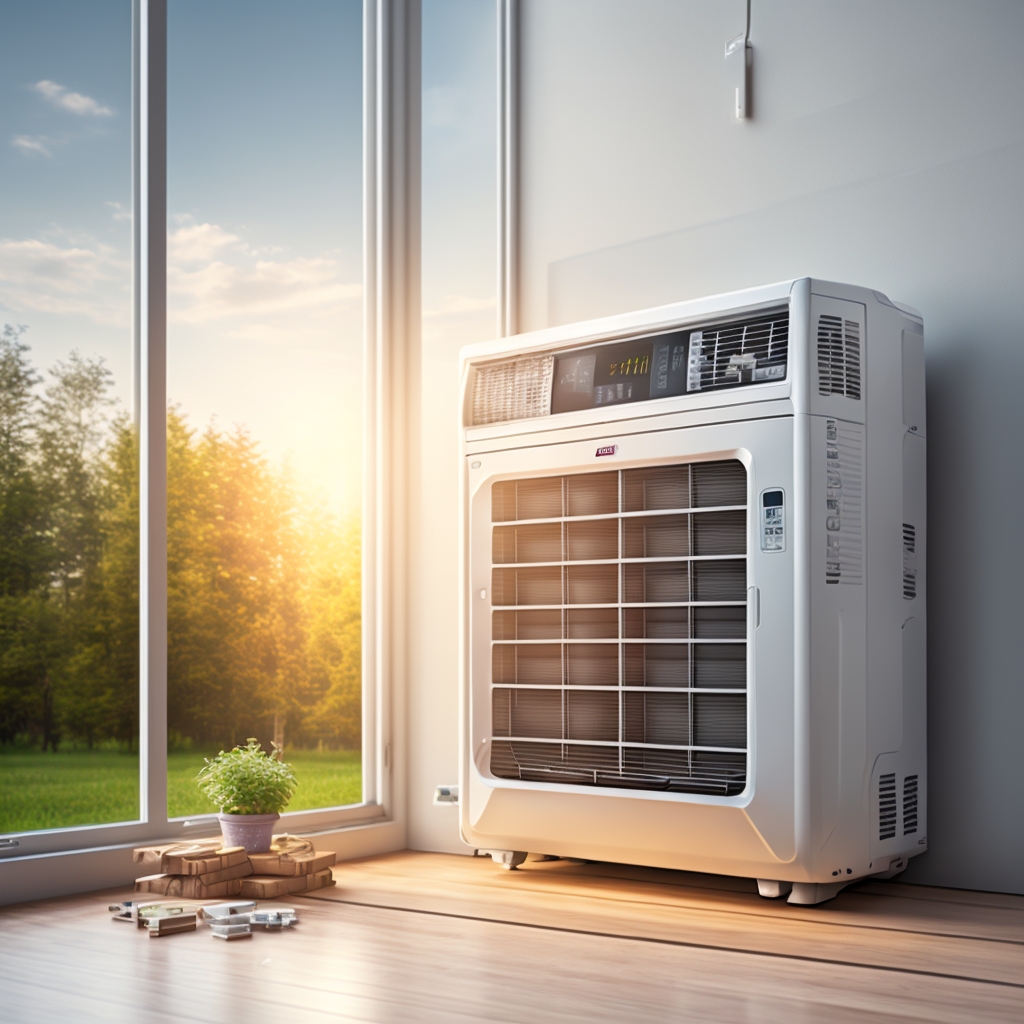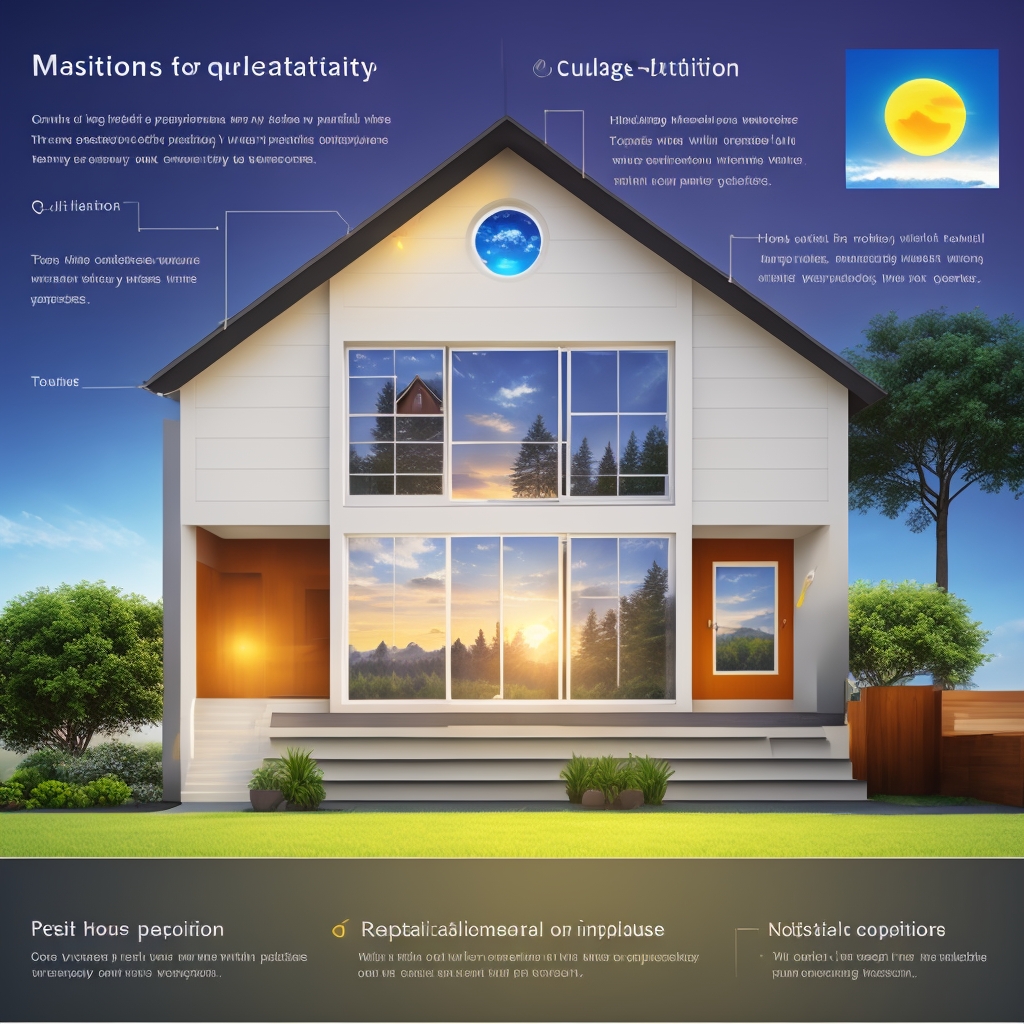“Discover the Key Factors Influencing Your AC’s Daily Running Hours!”

As we luxuriate in the scorching summer heat, there’s nothing more relieving than the cool breeze of an air conditioner. However, is it an ideal choice to operate it all day long? Continuous functioning of an air conditioner contributes significantly to a leap in your energy expenses. Moreover, a relentless operation can accelerate its lifespan. Hence, it’s better to use it when you require it, thereby enhancing its longevity.
So, what’s the ideal time duration for an AC to run every day while keeping your energy expenditure under control and providing you comfort? Usually, the AC should be utilized for around 8-20 minutes daily. This duration is inclined to fluctuation, relying on the AC’s model, size, where you reside, your home’s insulation competence, and the AC’s efficiency.
Air conditioners typically come in three variants – central AC, window AC, and portable AC and the number of hours you should run it each day depends on these types.
Central AC is the most energy-efficient air conditioner as it cools the entire house, making it ideal to operate for approximately 8 hours a day. On the other hand, a window air conditioner targets a specified room and requires more hours of operation due to lesser efficiency compared to central AC. A portable AC, primarily focusing on a specific area, demands the maximum running hours due to being the least energy-efficient among the three variants.
The air conditioner’s size also heavily influences the duration an AC should operate. Larger AC units consume more power. Thus, understanding the area your AC serves is essential in determining its run time. Moreover, running an AC system for an hour doubles the energy used continuously for 8 hours.
Given the intensified energy usage, it is advisable to turn on the AC when you are in the room, typically cutting down to one hour in the morning and a couple of hours in the evening. This is an appropriate model particularly for homes with central AC systems.
Climate plays a significant role in determining your AC’s operating hours as well. If you stay in a hotter region, a 3-4 hour operation throughout the day is adequate. The insulation level of your house also matters. Homes with inadequate insulation require more AC operation, highlighting the importance of good insulation.
The efficiency of your AC system hinges on the air filter’s cleanliness. If you find it dirty, it can diminish the machine’s productivity. To maintain efficiency and reduce energy usage, clean or replace your filter if required.
AC’s power is evaluated using a metric called Seasonal Energy-Efficiency Ratio or SEER. The aging of the device mainly affects this ratio. To illustrate, an AC produced in the 1990s has a SEER of 6, while in the early 2000s, it is rated at 10. However, those manufactured post-January 23, 2006 boast a SEER of 13 or above.
Related queries:
Is continuous AC operation favorable?
Nope! ACs are designed to work when needed. Continuous functioning doesn’t benefit in house cooling than setting the appropriate thermostat and running as required for comfort.
How to calculate the BTUs requirement for my room?
Calculate the room’s area in square footage and multiply it by 20 BTUs per square foot. This will give you the essential BTUs to cool the room.
How to economize energy while using my AC unit?
Several practices can assist in saving energy while utilizing an AC. Ensure adequate insulation in your home and regular cleaning or replacing of your AC’s air filter. You can also adjust the thermostat to a comfortable degree and consider a programmable thermostat while you are out.
